Ukraine Is Heading for the Membership in the EU and NATO, by Serhy Yekelchyk
By Serhy Yekelchyk, Professor of Slavic Studies and History, University of Victoria, President of the Canadian Association for Ukrainian Studies
Ukraine’s Constitution Now Spells out the Nation’s Intent to Join the EU and NATO
On 7 February the Ukrainian parliament passed a bill on inserting into the country’s Constitution several statements about Euro-Atlantic integration as the nation’s paramount aim in the field of foreign relations. The additions to three articles define reaching full membership in the EU and NATO as Ukraine’s “strategic goal,” and charge the president with overseeing its implementation. The change to the Preamble proclaims this strategic course “irreversible.”
It is unprecedented for a candidate-country to enshrine such priorities in the Constitution, but Ukraine’s situation is equally unprecedented. Nearly five years after Russia’s annexation of the Crimea and the start of the Russian-sponsored war in the Donbas, the goals of the Euromaidan Revolution of 2013–14 remain elusive. Russia’s attack on Ukrainian navy ships in the Black Sea in November 2018 brought home the ever-present danger of conflict escalation. With the economy still crippled by corruption and the EU continuously lukewarm on Ukrainian aspirations for membership, popular disappointment in the political class is growing. Just two months before the presidential elections, a comedian with no political experience or clear program is leading in the polls.
President Petro Poroshenko, who is currently polling third, has been trying desperately to boost his rating with largely declarative measures, such as the introduction of martial law for a month in November (which was never really implemented) or the changes to the Constitution. Potentially more significant was his leadership in establishing a new national Orthodox Church in opposition to the Ukrainian branch of the Russian Orthodox Church. This move, which caused a spectacular split in October between the patriarchs of Moscow and Constantinople, is proving instrumental in the construction of a new Ukrainian identity as separate from Russian.
Yet, the voters are likely to judge Poroshenko on his dismal record of economic reform and combatting corruption. With this in mind, ambassadors of Western nations organized a closed-door meeting with the comedian-candidate, trying to determine whether Ukraine is set for the triumph of populist rhetoric not unlike the one a few Western countries have already experienced.
About the author: Dr. Serhy Yekelchyk is professor at the departments of Germanic and Slavic Studies and History. His fields of expertise are: Russian History, Soviet Culture, Modern Ukraine, Stalinism (including Stalinist cinema, Nikolai Gogol), and modern Russian national identity as reflected in film and literature. Dr. Yekelchyk is author of Stalin’s Empire of Memory: Russian-Ukrainian Relations in the Soviet Historical Imagination (University of Toronto Press, 2004); Ukraine: Birth of a Modern Nation (Oxford University Press, 2007; Choice magazine “Outstanding Academic Title” for 2007; Polish, Lithuanian, and Russian translations); and Europe’s Last Frontier? Belarus, Moldova, and Ukraine between the EU and Russia (co-editor with Oliver Shmidtke; Palgrave Macmillan, 2008). He is currently at work completing a book manuscript on Stalinist political rituals.
Picture credits: © Аимаина хикари | Wikimedia Commons
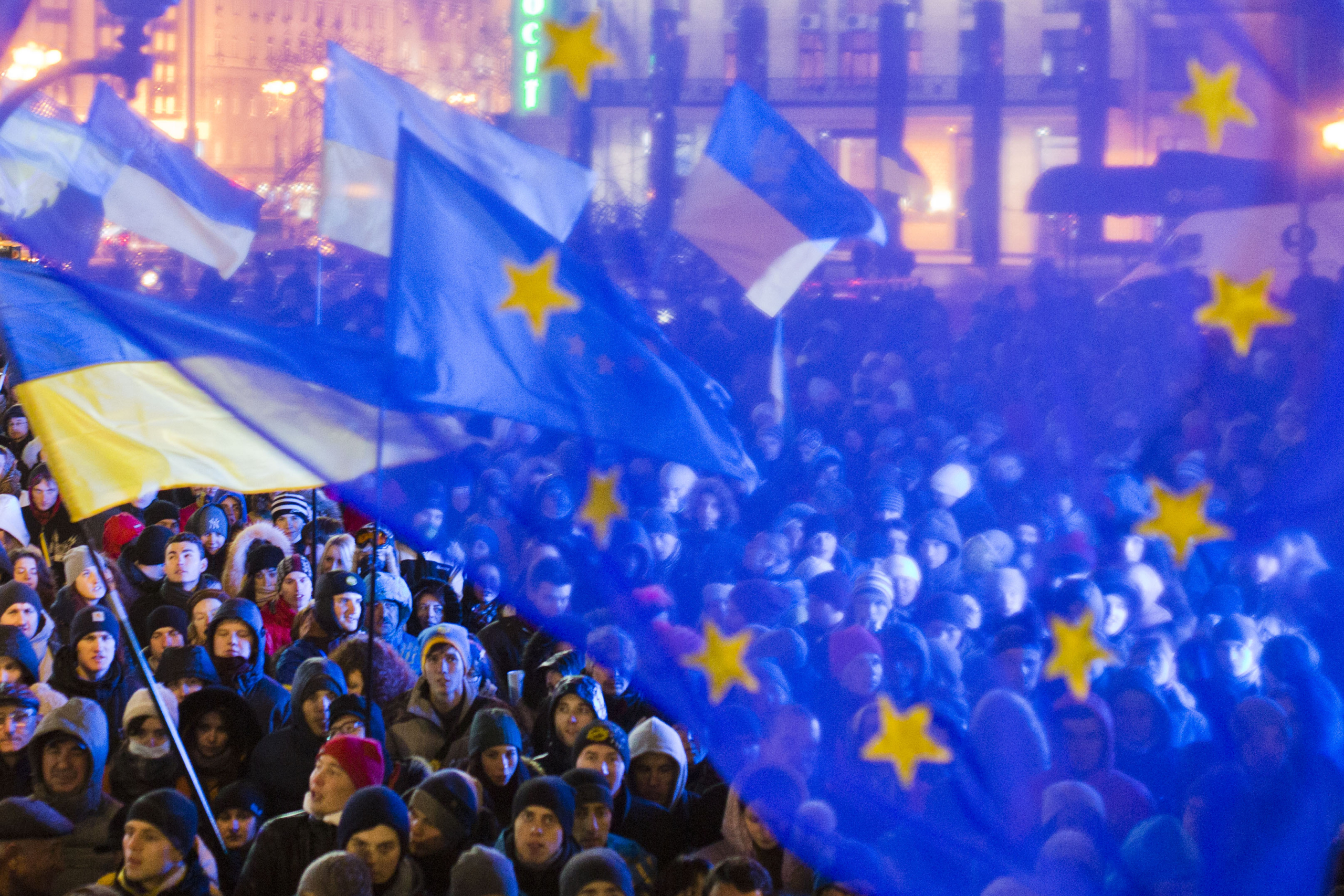
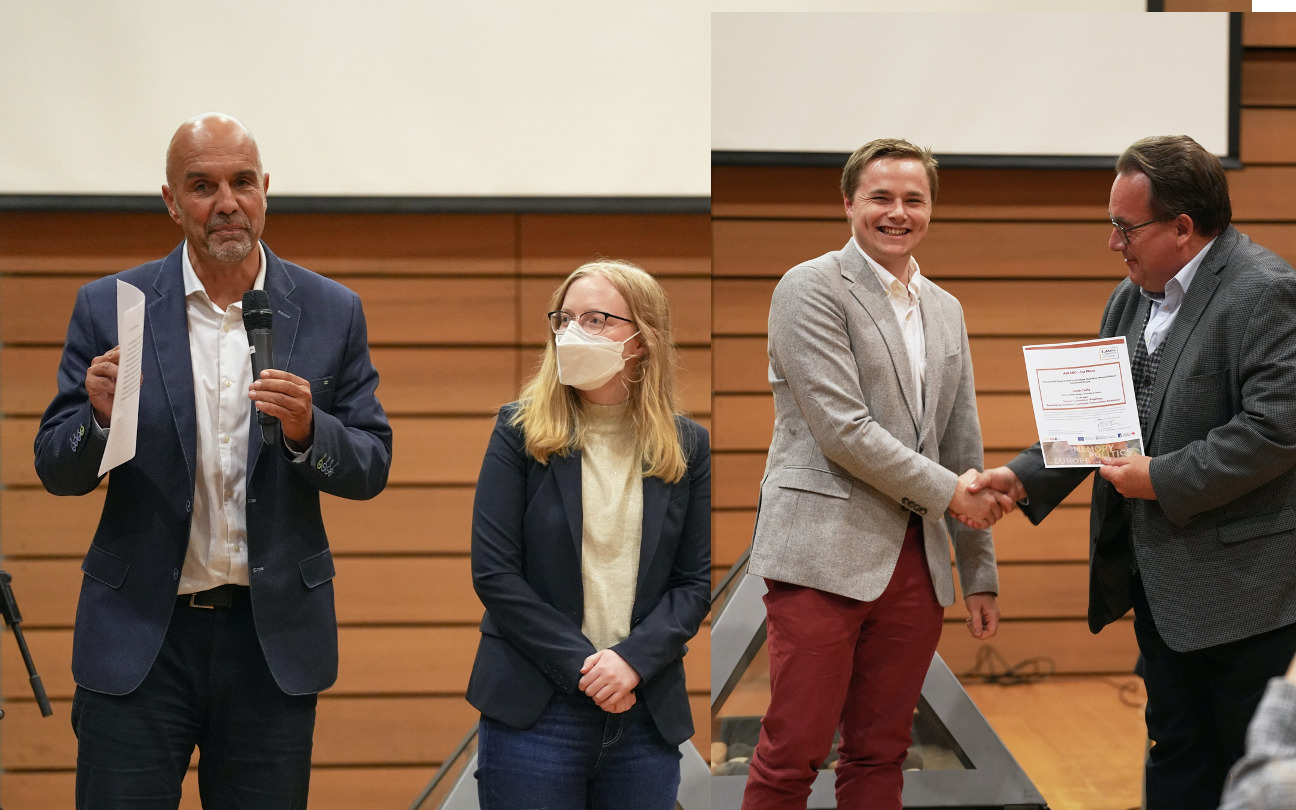
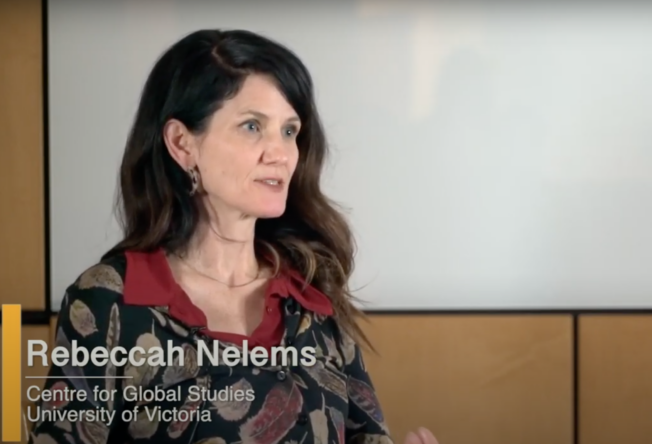

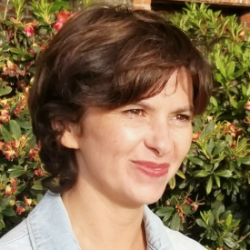
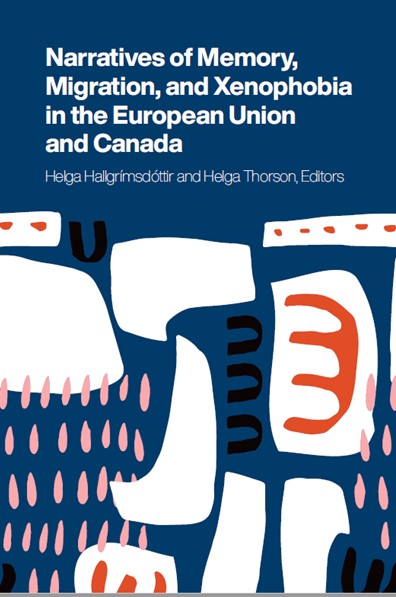
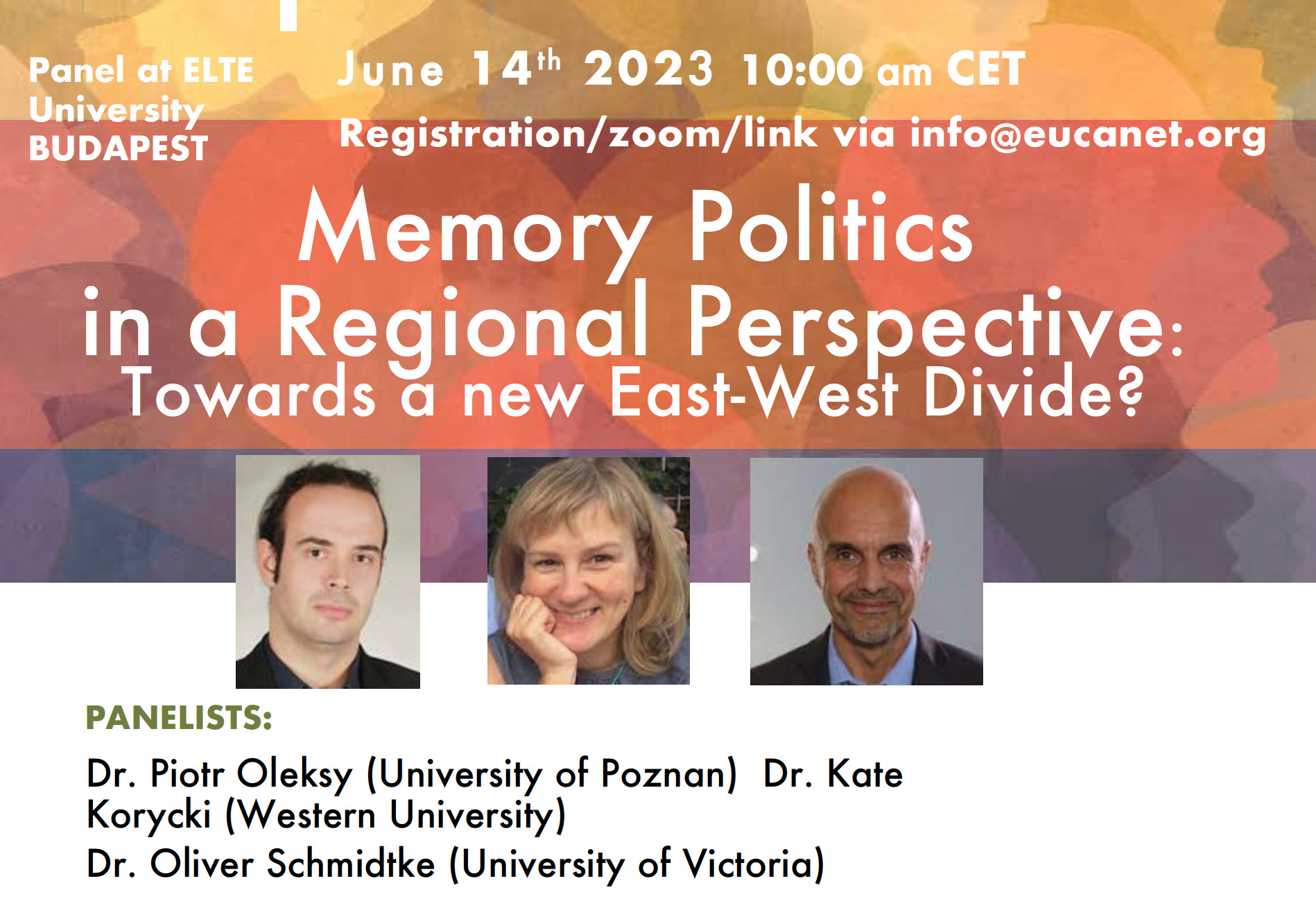
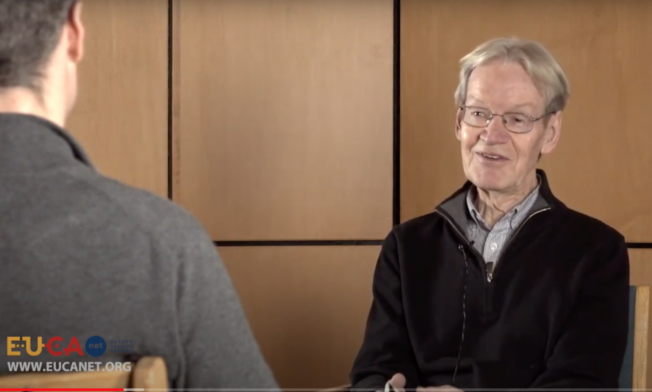
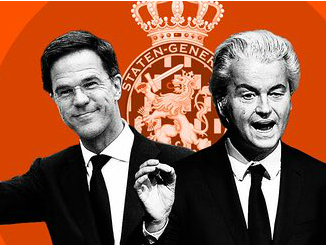


Leave a Reply
Want to join the discussion?Feel free to contribute!